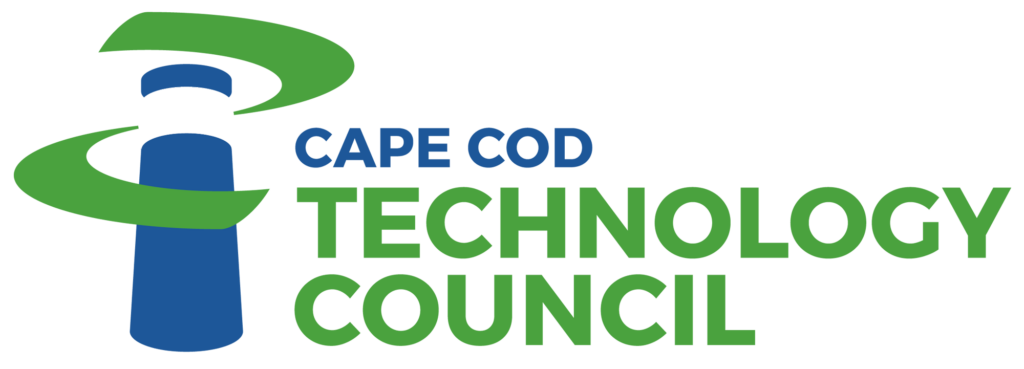At its first meeting of 2020, the Infrastructure Committee learned about technological advancements at Cape Cod Regional Transit Authority.
The CCRTA is developing an app similar to Lyft or Uber. It provides the service of the current DART (Dial-A-Ride-Transportation) program, with drivers picking up passengers off-route, but does not require passengers to call 24 hours in advance to schedule. Instead, it is an on-demand, app-based program.
The pilot program, SmartDART, has been in development over the last year. It’s an on demand shared ride service, with a dedicated application that allows customers to book a trip on the spot. Through this shared ride component they hope to accomplish more with fewer resources, and reduce congestion using minivans and an algorithm that identifies the most efficient trips, with the most passengers. SmartDART trips are “short haul,” connecting to the RTA’s current fixed route service.
The schedule is based on pickup time, so if you have an appointment, plan accordingly with the app’s estimated trip time window. Trip length won’t be longer than estimated time, even if they pick up additional customers along the way. If you book a trip from start to end, it will show the closest stop, with a free transfer to the fixed route system and an api that shows how to navigate the route.
There are three apps: a passenger app where the ride is requested; a driver app to navigate pick-ups; and a dispatcher portal. Passengers log into their account to book a trip to their desired destination. An Ipad in the vehicle alerts the driver to the new route. Dispatchers can see the location of all vehicles throughout the course of the day.
The CCRTA hopes SmartDART encourages new customers to use public transportation. It extends service to passengers from under-served areas, and provides an entry point into public transportation for those who use Uber and Lyft, at a low fixed cost. Regular fare is $3 per ride, lower for disabled passengers and seniors, and includes a free transfer ticket to a fixed route bus. For customers currently using other apps, SmartDART provides accountability and an added level of trust. Drivers are professional and highly trained, and there is someone to call who will address issues.
The driver and dispatcher portals were introduced in October, with continued testing and their first SmartDART passenger (rerouted from DART) in November. In December they introduced the passenger app internally. They are now in stages of final testing and hope to offer the service to a testing community by the end of January. In February they hope to test it publicly in the town of Barnstable.
They are starting in Barnstable because of population density, but plan to expand from there, integrating SmartDART with the rest of their services. In the future, they plan to integrate this technology into the rest of their offerings, including DART and fixed-route bus service.
CCRTA is also focused on senior mobility options. They have developed relationships with the Cape’s counsels on aging, and created Free Fare Wednesday on fixed route buses – giving 25,000 free trips to seniors since June. In developing SmartDART, they are making sure someone who doesn’t have a smartphone can use service, partnering with GoGo Grandparent to act as a dispatching service. They also provide transportation to schools. Some parents are booking Uber and Lyft for their children, but have a trust issue, not knowing who the driver is.
In addition to this new technology, the CCRTA has implemented glass shelters with solar panels, electric vehicle charging stations, and solar panels at the operations facility and transportation center (providing 93% of energy at the transportation center).
Several Infrastructure Committee members expressed interest in the SmartDART pilot program.
